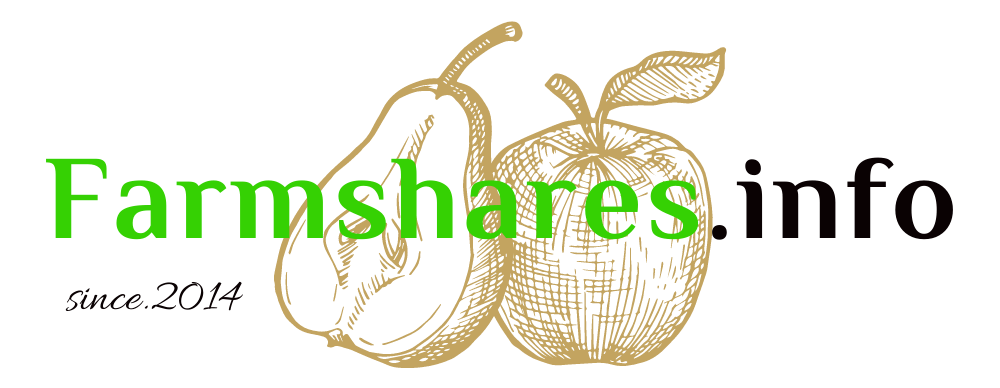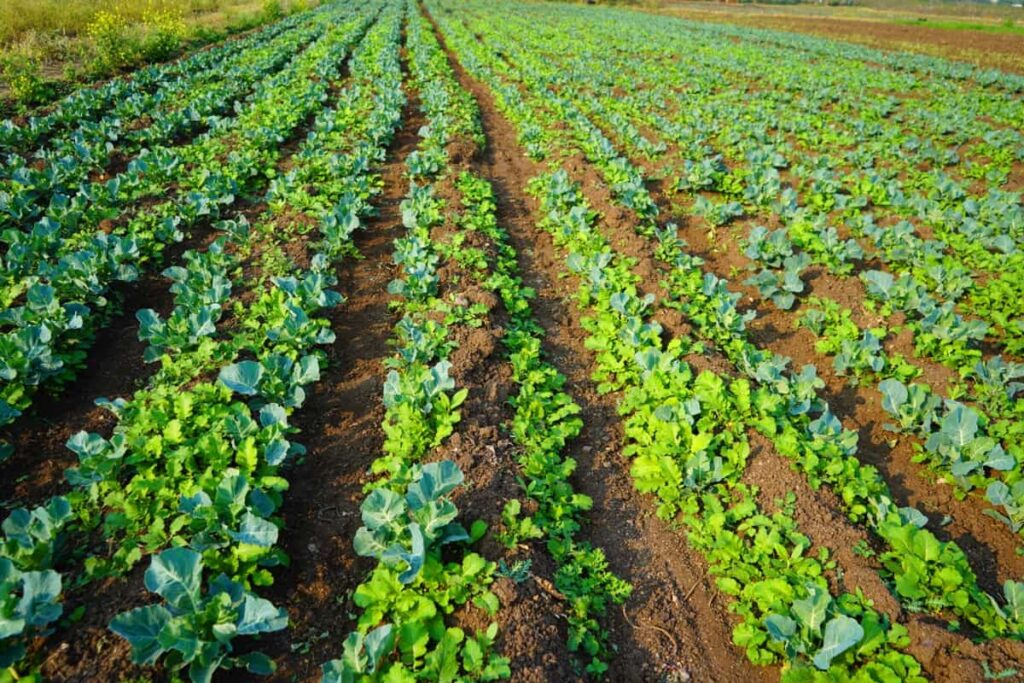
Building a Profitable Evergreen Farm: Tips and Strategies for Sustainable Success
Welcome to the world of evergreen farming, where sustainable success is not just a dream but a reality waiting to be cultivated. In this fast-paced era of evolving agricultural practices, building a profitable evergreen farm requires a unique blend of knowledge, skills, and strategic planning. From selecting the right crops to implementing eco-friendly farming techniques, every aspect of your farm plays a crucial role in its long-term profitability. In this comprehensive guide, we will unveil tips and strategies that will help you navigate the vast landscape of evergreen farming and unlock the potential for sustainable success. Whether you are a seasoned farmer looking to diversify your income or a novice eager to embark on an exciting farming journey, this guide will equip you with the essential tools to build a profitable evergreen farm that thrives in the face of changing trends and markets. Get ready to dig deep and sow the seeds of success in the world of evergreen farming.
Jobe’s, Fertilizer Spikes, Evergreen Tree

Understanding the concept of an evergreen farm
An evergreen farm is a sustainable farming system that focuses on growing perennial crops and implementing practices that promote long-term profitability. Unlike traditional farming methods that rely heavily on annual crops, evergreen farming utilizes perennial crops that can be harvested year after year without the need for replanting.
One of the main advantages of evergreen farming is its ability to provide a consistent and reliable source of income. By growing crops that have a longer lifespan, farmers can avoid the uncertainty associated with seasonal fluctuations in crop yields and market prices. Additionally, perennial crops often have a higher market value due to their unique characteristics, such as improved taste, nutritional value, or sustainability.
To establish an evergreen farm, it is essential to choose crops that are well-suited to your climate, soil conditions, and market demand. Research the local market to identify high-value crops that have a steady demand and can provide a competitive advantage. Additionally, consider the ecological benefits of perennial crops, such as their ability to improve soil health, conserve water, and enhance biodiversity.
The Smith Family Farms: A Legacy of Farming and Community 2023
Implementing organic farming practices for long-term profitability
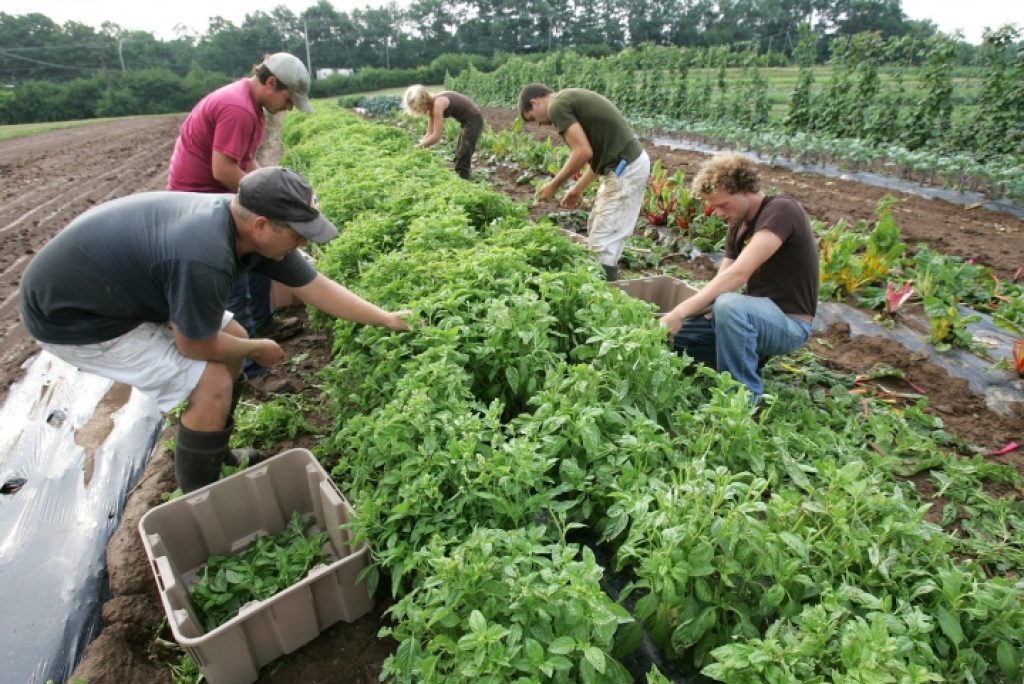
In recent years, there has been a growing demand for organic produce, driven by increasing consumer awareness of the health and environmental benefits of organic farming. By adopting organic farming practices on your evergreen farm, you can tap into this lucrative market and differentiate your products from conventional alternatives.
Organic farming is a holistic approach that emphasizes the use of natural fertilizers, biological pest control, and sustainable soil management techniques. By avoiding synthetic pesticides and chemical fertilizers, organic farmers can minimize the negative impact on the environment and create a healthier and more sustainable farming system.
One of the key principles of organic farming is soil health. Healthy soil is the foundation of a successful evergreen farm, as it provides essential nutrients to the crops and supports beneficial soil organisms that contribute to plant growth. To maintain soil health, organic farmers use techniques such as crop rotation, cover cropping, and composting to improve soil fertility, structure, and water-holding capacity.
Efficient irrigation and water management techniques
Water is a precious resource, and efficient irrigation and water management are critical for the long-term success of an evergreen farm. By implementing water-saving techniques and technologies, farmers can reduce water waste, improve crop yields, and minimize the impact on the environment.
Drip irrigation is one of the most efficient irrigation methods for evergreen farms. Unlike traditional overhead sprinkler systems, drip irrigation delivers water directly to the plant’s root zone, reducing evaporation and ensuring optimal water uptake. This method not only conserves water but also enables farmers to apply fertilizers and nutrients directly to the plants, maximizing their effectiveness.
In addition to efficient irrigation techniques, water management strategies such as rainwater harvesting and water recycling can further enhance the sustainability of an evergreen farm. Installing rainwater collection systems and storage tanks can help farmers capture and store rainfall for future use during dry periods. Similarly, implementing water recycling systems can reduce water consumption by reusing and treating wastewater for irrigation purposes.
here are some efficient irrigation and water management techniques:
Drip irrigation: Drip irrigation is a method of irrigation that delivers water directly to the roots of plants. This helps to reduce water loss due to evaporation and runoff.
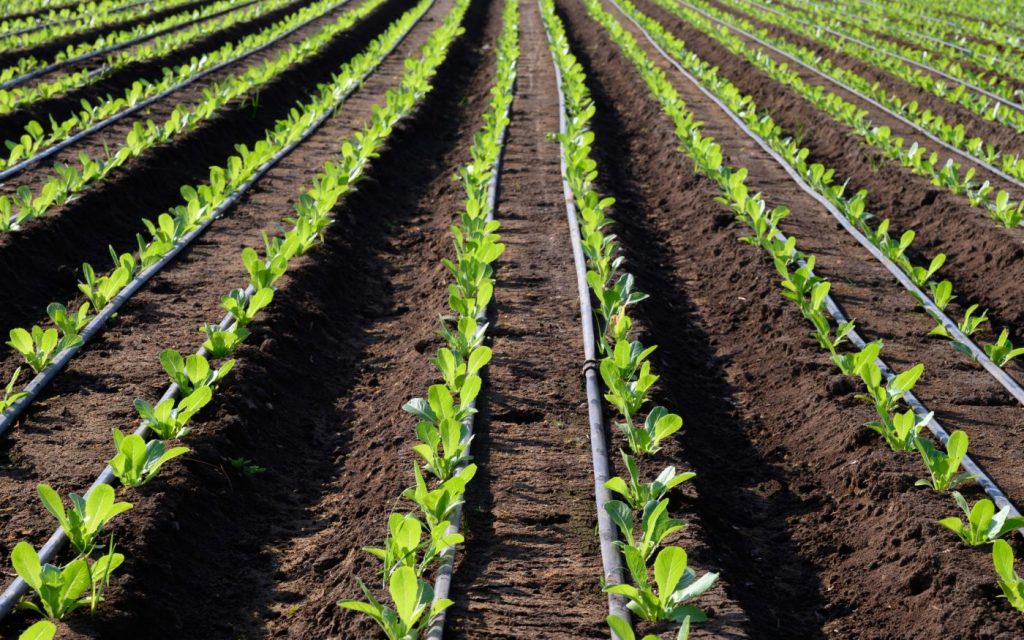
Micro-irrigation: Micro-irrigation is a type of drip irrigation that uses very small emitters to deliver water to plants. This is a very efficient way to irrigate crops, as it minimizes water loss.
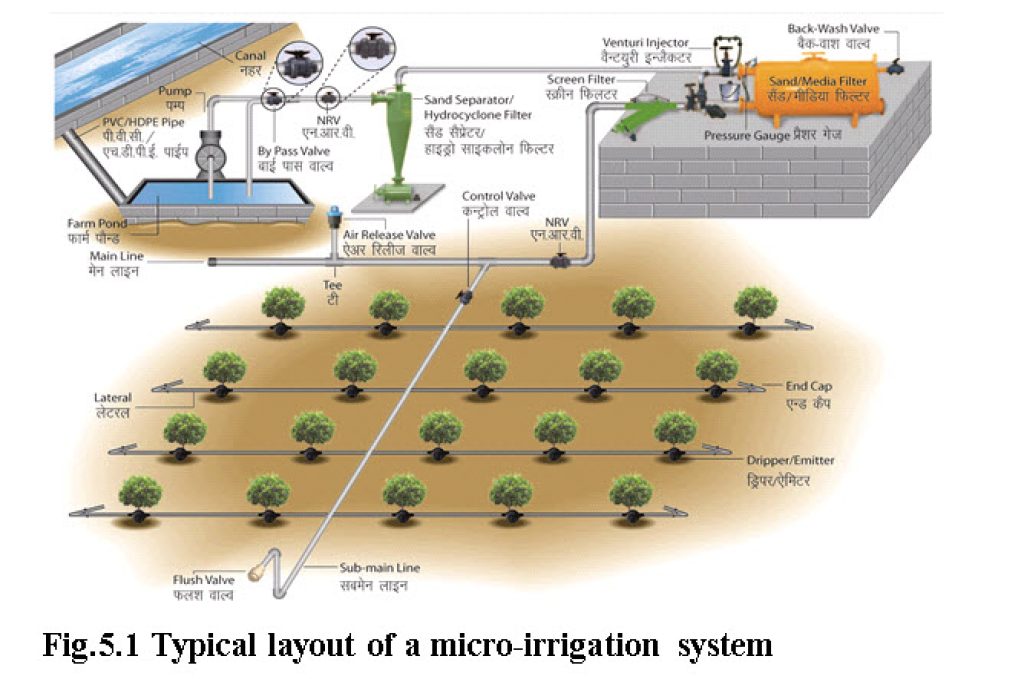
Soil moisture sensors: Soil moisture sensors can be used to measure the moisture content of the soil. This information can be used to determine when to irrigate, which can help to conserve water.

Water harvesting: Water harvesting is the collection and storage of rainwater or other forms of precipitation. This water can be used for irrigation or other purposes.
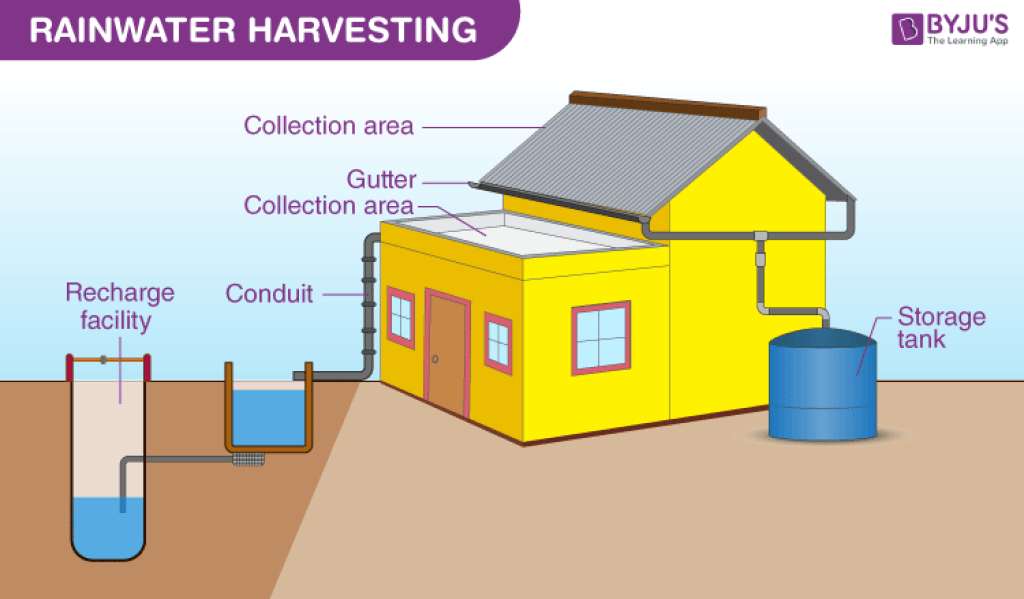
These are just a few of the many efficient irrigation and water management techniques that are available. By using these techniques, farmers can help to conserve water and save money.
Here are some additional tips for efficient irrigation and water management:
- Irrigate early in the morning or late in the evening. This will help to reduce water loss due to evaporation.
- Irrigate deeply but less often. This will help the roots of plants grow deeper and become more drought-tolerant.
- Avoid over-irrigating. Over-irrigating can lead to waterlogging, which can damage plants and make them more susceptible to pests and diseases.
- Repair leaks in irrigation systems. Leaks can waste a lot of water, so it is important to repair them promptly.
- Educate your workers about efficient irrigation practices. By educating your workers about efficient irrigation practices, you can help them to save water and money.
Maximizing space and optimizing land use on an evergreen farm
Space is a valuable asset on an evergreen farm, and maximizing its utilization is crucial for enhancing profitability. By adopting innovative farming techniques and optimizing land use, farmers can increase crop productivity, diversify their income streams, and make the most of limited resources.
Vertical farming is a popular technique for maximizing space on evergreen farms. Instead of growing crops horizontally, vertical farming involves stacking plants vertically, either in towers or on walls. This method not only maximizes the use of available space but also enables farmers to grow more crops in a smaller area, increasing overall productivity.
Another way to optimize land use is through intercropping, which involves planting different crops in close proximity. Intercropping not only increases the diversity of crops on the farm but also maximizes the use of sunlight, nutrients, and water. By selecting complementary crops that have different growth habits, nutrient requirements, or pest resistance, farmers can reduce the risk of crop failure and improve overall farm productivity.
Strategies for marketing and selling evergreen farm products
Marketing and selling evergreen farm products require a strategic approach to reach the target audience and differentiate your products from competitors. By implementing effective marketing strategies, farmers can create brand awareness, build customer loyalty, and increase sales.
One of the most important aspects of marketing an evergreen farm is storytelling. Share your farm’s story, emphasizing its unique selling points, such as sustainable farming practices, high-quality produce, or community involvement. Use social media platforms, blogs, and newsletters to engage with your audience and showcase the behind-the-scenes of your farm.
Another strategy is to develop partnerships with local businesses, such as restaurants, grocery stores, or farmer’s markets. Collaborating with these establishments can help you reach a wider customer base and create a steady demand for your products. Consider offering special promotions or exclusive deals to incentivize customers to choose your evergreen farm products over conventional alternatives.
Tools and technology for streamlining operations on an evergreen farm
Technology plays a crucial role in streamlining operations on an evergreen farm, improving efficiency, and reducing labor costs. By embracing the latest tools and technologies, farmers can automate repetitive tasks, monitor crop health, and make data-driven decisions to optimize farm performance.
One of the key technologies used in evergreen farming is precision agriculture. Precision agriculture involves the use of advanced sensors, drones, and GPS technologies to collect data on soil conditions, crop health, and weather patterns. This data can then be analyzed to identify areas for improvement, such as adjusting irrigation schedules, optimizing fertilizer application rates, or detecting early signs of pest or disease infestations.
In addition to precision agriculture, there are numerous software applications and farm management systems available that can help farmers streamline farm operations, track inventory, manage finances, and analyze market trends. These tools enable farmers to make informed decisions, reduce waste, and improve overall farm productivity and profitability.
Building a strong network and community around your evergreen farm
Building a strong network and community around your evergreen farm is essential for long-term success. By establishing relationships with other farmers, local organizations, and agricultural experts, you can exchange knowledge, share resources, and collaborate on projects that benefit the entire community.
Joining farmer’s associations, attending agricultural conferences, and participating in workshops are great ways to connect with like-minded individuals and stay updated on the latest industry trends. These events provide opportunities to learn from experienced farmers, gain insights into innovative farming practices, and build valuable relationships that can support your evergreen farming journey.
Furthermore, consider hosting events or workshops on your farm to engage with the local community and educate them about sustainable farming practices. This not only raises awareness about your farm but also creates a sense of belonging and loyalty among customers who value the community-oriented aspect of your evergreen farm.
Ensuring financial stability and success for your evergreen farm
While building a profitable evergreen farm requires careful planning and implementation of sustainable practices, ensuring financial stability is equally important. By adopting sound financial management strategies, farmers can minimize risks, maximize profits, and secure the long-term success of their evergreen farm.
One of the key aspects of financial management is budgeting. Develop a detailed budget that includes all the expenses associated with running your evergreen farm, such as land acquisition, equipment purchases, labor costs, and marketing expenses. Regularly review and update your budget to track your financial performance and identify areas for improvement.
Additionally, consider diversifying your income streams to reduce reliance on a single crop or market. Explore value-added opportunities, such as processing and packaging your farm products, offering agritourism activities, or selling farm-related merchandise. These additional revenue streams can provide a buffer during periods of market volatility or crop failure and contribute to the overall profitability of your evergreen farm.
Conclusion
Building a profitable evergreen farm requires a combination of knowledge, skills, and strategic planning. By understanding the concept of an evergreen farm, selecting the right crops, implementing organic farming practices, and optimizing land use, farmers can create a sustainable and profitable farming system.
Efficient irrigation and water management, effective marketing strategies, and the adoption of technology can further enhance the profitability and long-term success of an evergreen farm. Building a strong network and community, along with sound financial management practices, are also crucial for ensuring the stability and growth of an evergreen farm.
As you embark on your evergreen farming journey, remember that success comes from a continuous commitment to learning, adapting, and embracing innovative practices. By staying informed, connecting with other farmers, and prioritizing sustainability, you can build a profitable evergreen farm that not only thrives in the face of changing trends and markets but also contributes to a more sustainable future for agriculture.
